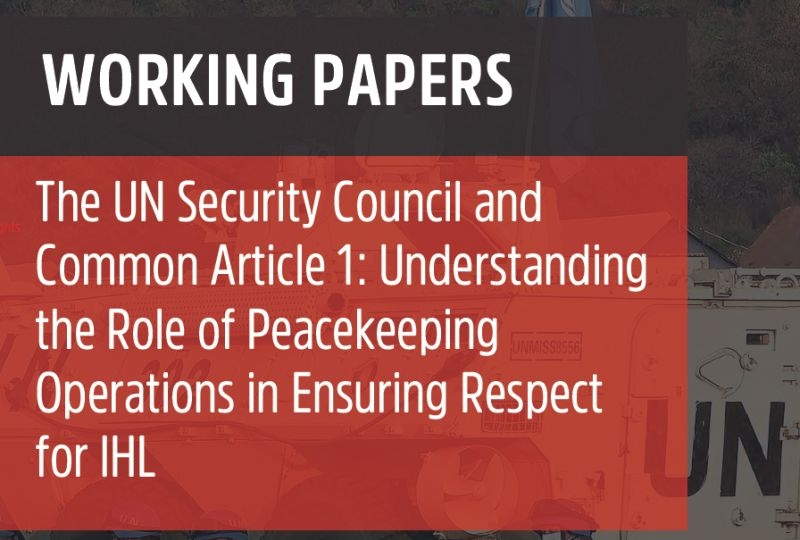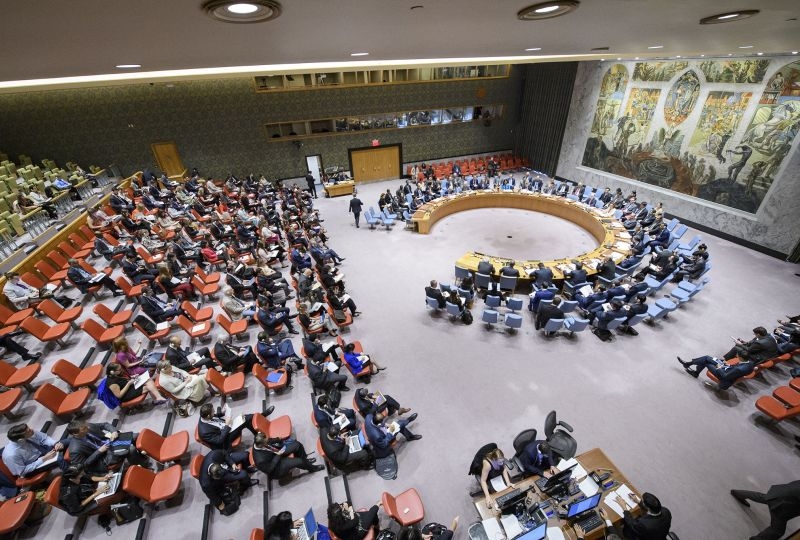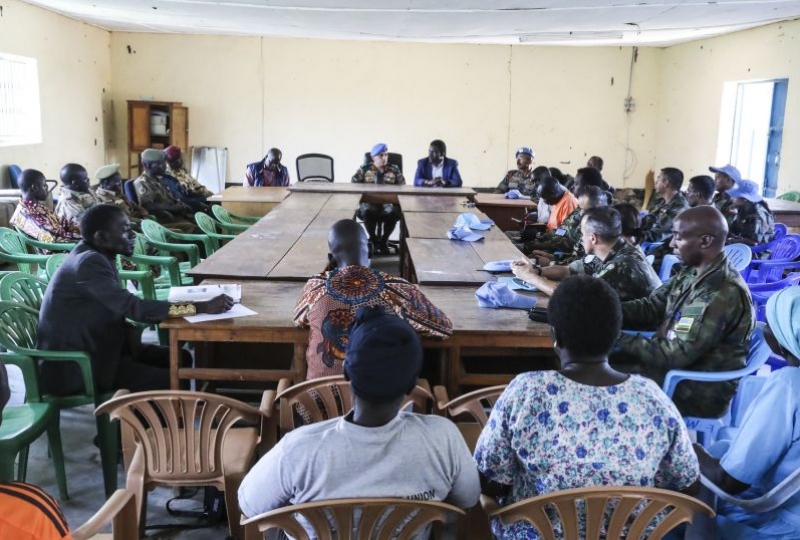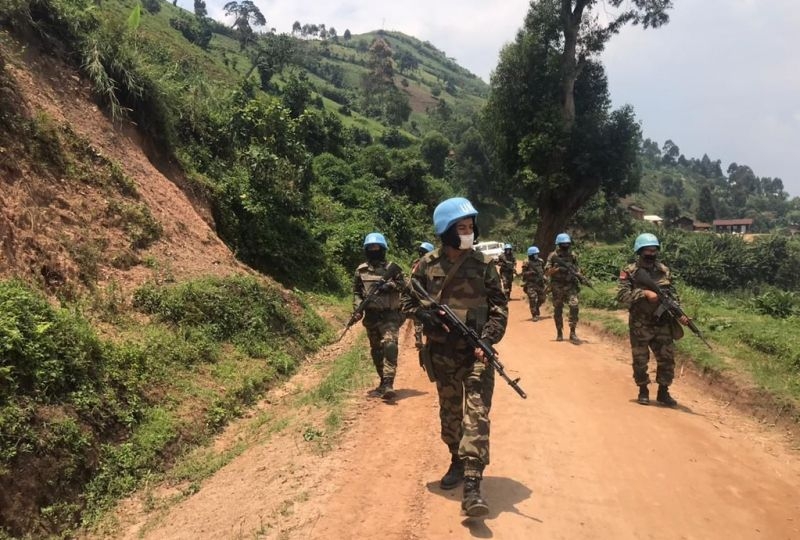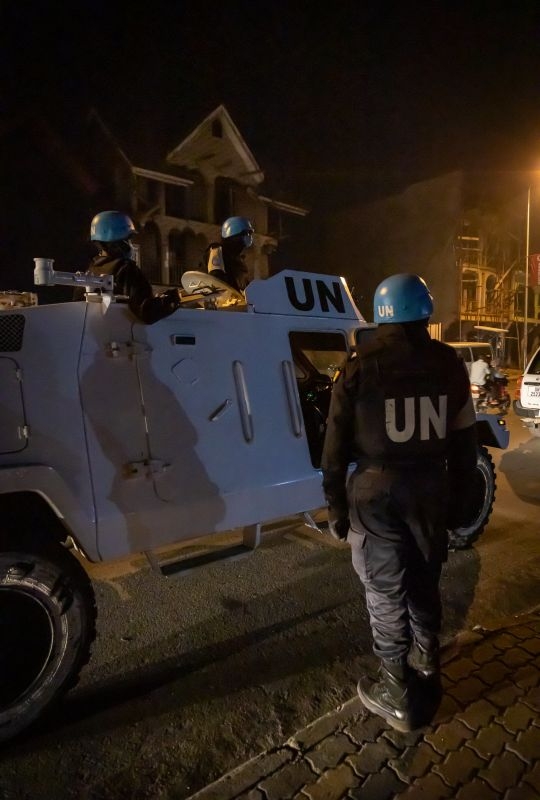The author concludes her paper with a series of recommendations for prospective or current UNSC members that contemplate using peacekeeping for promoting respect for IHL.
‘For instance, if the mandates of peacekeeping operations include the prevention and suppression of IHL violations, states should ensure that peacekeepers can implement these tasks. This implies that the UN Secretariat provides appropriate strategic guidance, that sufficient human and financial resources are allocated to missions, and that there is commensurate political will emanating from the UNSC’ underlines Emilie Max.
‘Similarly, certain activities included in peacekeeping operations’ mandates in order to protect civilians from the violence of armed conflict – like training on IHL – should consistently be implemented in close cooperation with the International Committee of the Red Cross, other humanitarian organizations and relevant UN agencies’ she adds.


